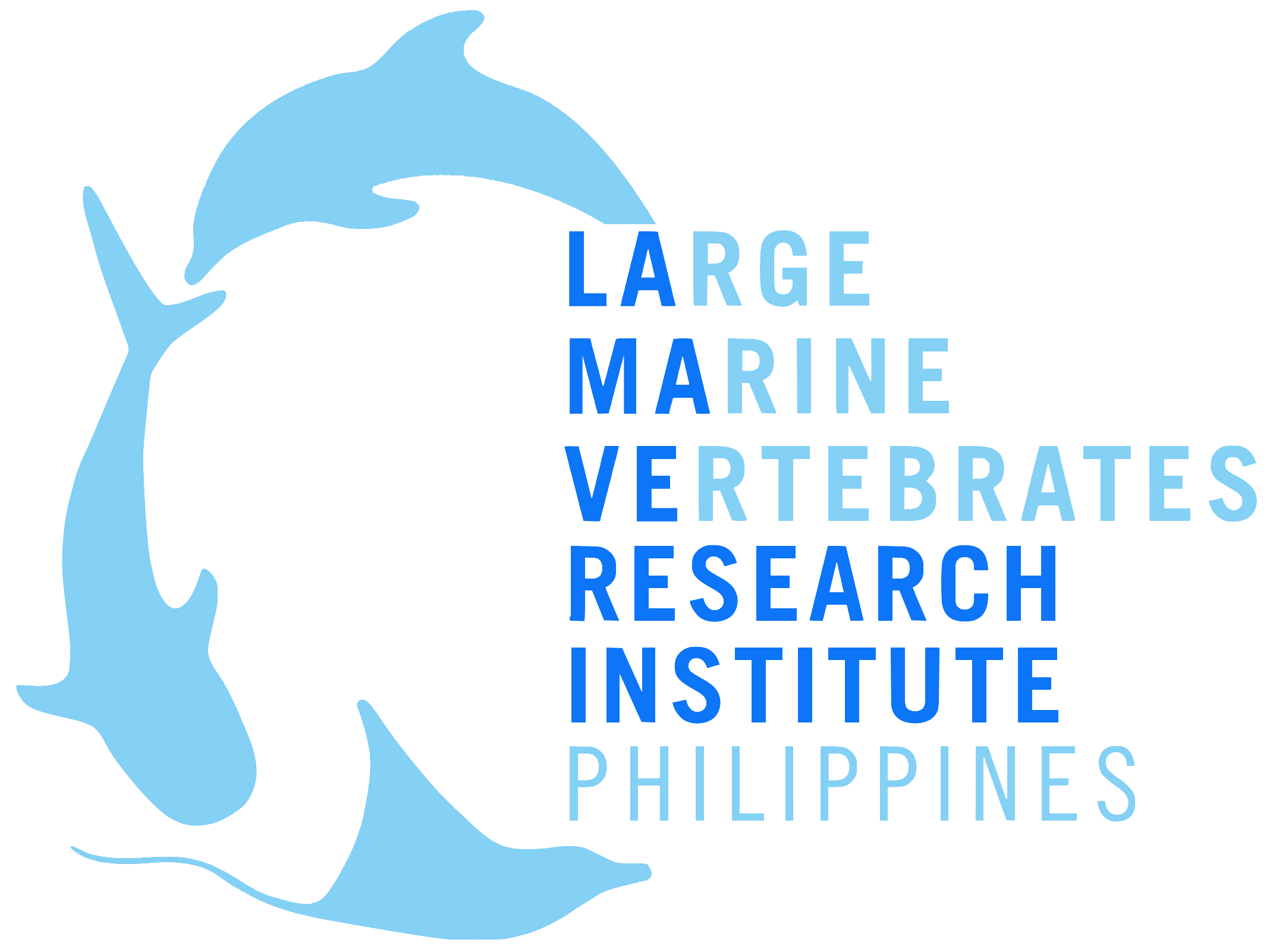New study redefines provisioning in marine wildlife tourism
Philippines, 29 June 2021, A new study by researchers from the Southern Shark Ecology Group at Flinders University, James Cook University and Large Marine Vertebrates Research Institute Philippines, amongst others, has reviewed the current use of provisioning-associated terminology within the marine wildlife tourism sector and has proposed to reclassify provisioning into Feeding, Attracting and Modifying habitat.
Read More












